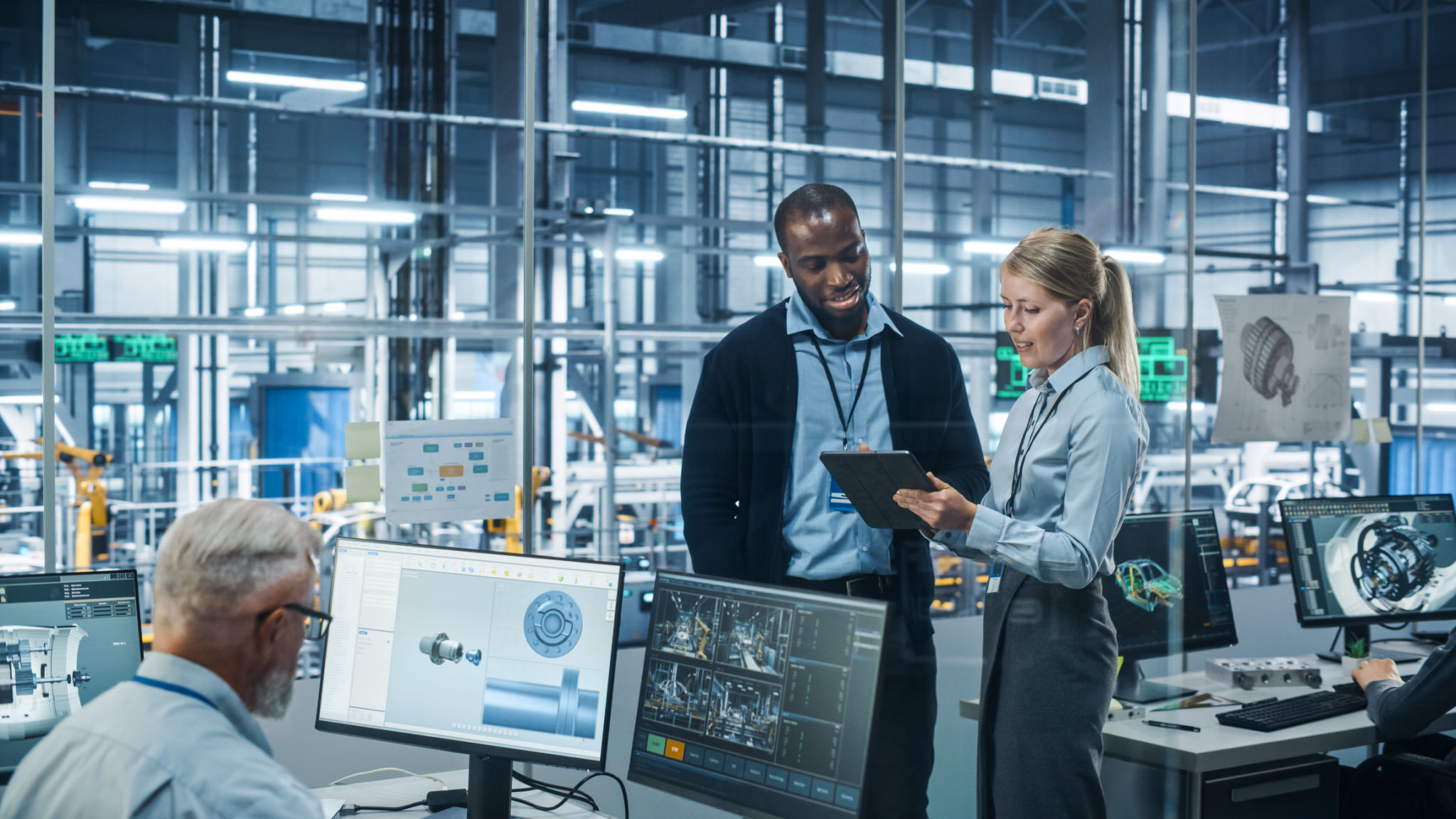Deep Learning in Manufacturing: Enhancing Efficiency and Precision
Introduction to Deep Learning in Manufacturing
In recent years, deep learning has emerged as a revolutionary technology with the potential to transform various industries, including manufacturing. By leveraging the power of artificial neural networks, deep learning offers unprecedented capabilities in enhancing efficiency and precision in manufacturing processes. As manufacturers strive to stay competitive in a rapidly evolving market, integrating deep learning into their operations can provide a significant edge.

Streamlining Production Processes
One of the most powerful applications of deep learning in manufacturing is the optimization of production processes. By analyzing large volumes of data collected from production lines, deep learning algorithms can identify patterns and anomalies that may not be visible to the human eye. This allows manufacturers to streamline operations, reduce waste, and improve overall productivity. Additionally, predictive maintenance powered by deep learning can foresee equipment failures before they occur, minimizing downtime and maintenance costs.
Enhancing Quality Control
Quality control is a critical aspect of manufacturing, and deep learning is proving to be a game-changer in this area. Traditional quality control methods often rely on manual inspection, which can be time-consuming and prone to human error. Deep learning models can automate this process by analyzing product images and identifying defects with high accuracy. This not only ensures consistent product quality but also allows for faster production cycles.

Improving Supply Chain Management
The integration of deep learning extends beyond the production floor, impacting supply chain management as well. By analyzing data from various sources such as inventory levels, demand forecasts, and supplier performance, deep learning can optimize inventory management and reduce lead times. This results in more efficient supply chain operations and better responsiveness to market demands.
Customizing Products at Scale
Today's consumers expect personalized products tailored to their preferences. Deep learning enables manufacturers to meet this demand by facilitating mass customization. By analyzing consumer data and trends, manufacturers can adjust production processes to create customized products without sacrificing efficiency. This capability is particularly valuable in industries such as automotive and electronics, where consumer preferences can change rapidly.

Applications in Robotics and Automation
Robotics and automation are integral components of modern manufacturing, and deep learning plays a pivotal role in advancing these technologies. Through machine vision and advanced sensor integration, robots equipped with deep learning capabilities can perform complex tasks with high precision and adapt to new challenges on the fly. This enhances the flexibility and scalability of manufacturing operations.
Overcoming Challenges
Despite its numerous advantages, the implementation of deep learning in manufacturing is not without challenges. Data privacy concerns, high initial investment costs, and the need for specialized expertise can pose obstacles for manufacturers looking to adopt this technology. However, as more companies demonstrate successful use cases and the technology becomes more accessible, these challenges are gradually being addressed.
The Future of Manufacturing with Deep Learning
The potential of deep learning in manufacturing is vast and largely untapped. As technology continues to evolve, we can expect further innovations that will redefine how products are made. Manufacturers who embrace deep learning today will be well-positioned to lead the industry into a future characterized by increased efficiency, precision, and adaptability.
